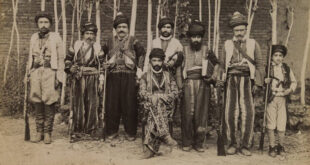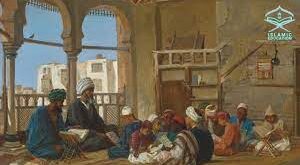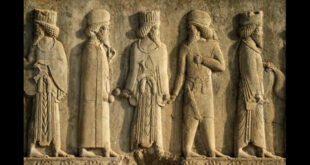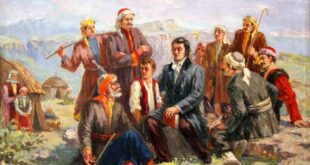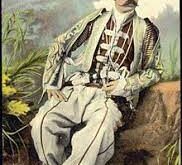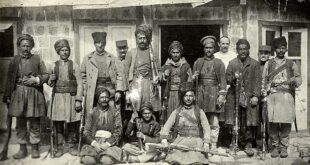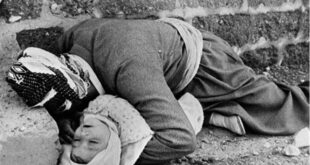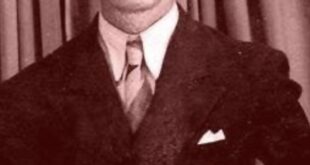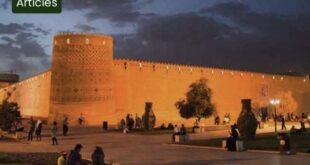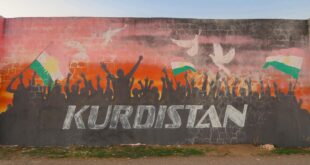1918: Sheikh Mahmoud Barzinji becomes governor of Suleimaniah under British rule. He and other Kurdish leaders who want Kurdistan to be ruled independently of Baghdad rebel against the British. He is defeated a year later. [1] 1923: The Treaty of Lausanne between Turkey and the allied powers invalidates the Treaty …
Read More »Islam
About three-fifths of the Kurds, nearly all of them Kurmânji speakers, are today at least nominally Sunni Muslims of the Shafi’ite rite. There are also followers of mainstream lmâmi (Twelver) Shi’ite Islam among the Kurds, particularly in and around the cities of Kirmânshâh, Kangawar, Hamadân, Qurva, and Bijâr in southern …
Read More »Archaeology of Kurdish Clan Names
M R Izady A. Introduction and a survey of the relevant primary sources: Detailed study of clan names among the Kurds reveals an etymological affinity among a majority of them. The very same ethnonyms, or variations thereof, are also found in the names of many ruling dynasties, historical individuals, and …
Read More »Origin of The Kurds
By Prof. Mehrdad A. Izady Being the native inhabitants of their land. there are no “beginnings” for Kurdish history and people. Kurds and their history are the end products of thousands of years of continuous internal evolution and assimilation of new peoples and ideas introduced sporadically into their land. Genetically, Kurds …
Read More »Kurdistan History in Review: Kurds and Kurdistan a Cornerstone of History
Ardishir Rashidi-Kalhur | Ekurd.net President of Kurdish American Education Society, Los Angeles. History The existence of the Kurdish people, their land and culture dates back to before the recorded History, and has continued to the present day. Due to its strategic location, its significant contributions to the history of human civilization …
Read More »Modern history of Kurdistan
1918: Sheikh Mahmoud Barzinji becomes governor of Suleimaniah under British rule. He and other Kurdish leaders who want Kurdistan to be ruled independently of Baghdad rebel against the British. He is defeated a year later. [1] 1923: The Treaty of Lausanne between Turkey and the allied powers invalidates the Treaty …
Read More »Halabja Chemical Attack … A Wound That Never Heals
On March 16, 1988, the city of Halabja was subjected to the most heinous crime against humanity, which is the bombing of the city with chemical weapons. Over 5,000 innocent people were martyred as a result of this crime, including women, the elderly, and children and more than 10,000 were …
Read More »Dildar
A brief about his life The poet Younis Mulla Raouf was born on February 20, 1918, in the city of Koye of Erbil governorate, the capital of the Kurdistan Region. He studied primary and middle school in the schools of Koya and Rania, then moved to Kirkuk to study secondary …
Read More »Karim Khan Citadel
Karim Khan Citadel, also known as Arg-e Karim Khan, was built in 1697 following the order and under command of Karim Khan Zand, the famous ruler of the Zand Dynasty. The citadel is a prominent legacy of the Zand Dynasty in Shiraz, especially from the architectural point of view. It …
Read More »Information about Kurdistan
Information about Kurdistan Broadly defined geographic region traditionally inhabited mainly by Kurds. It consists of an extensive plateau and mountain area, spread over large parts of what are now eastern Turkey, northern Iraq, and western Iran and smaller parts of northern Syria and Armenia. Two of these countries officially …
Read More » History of Kurdistan
History of Kurdistan
